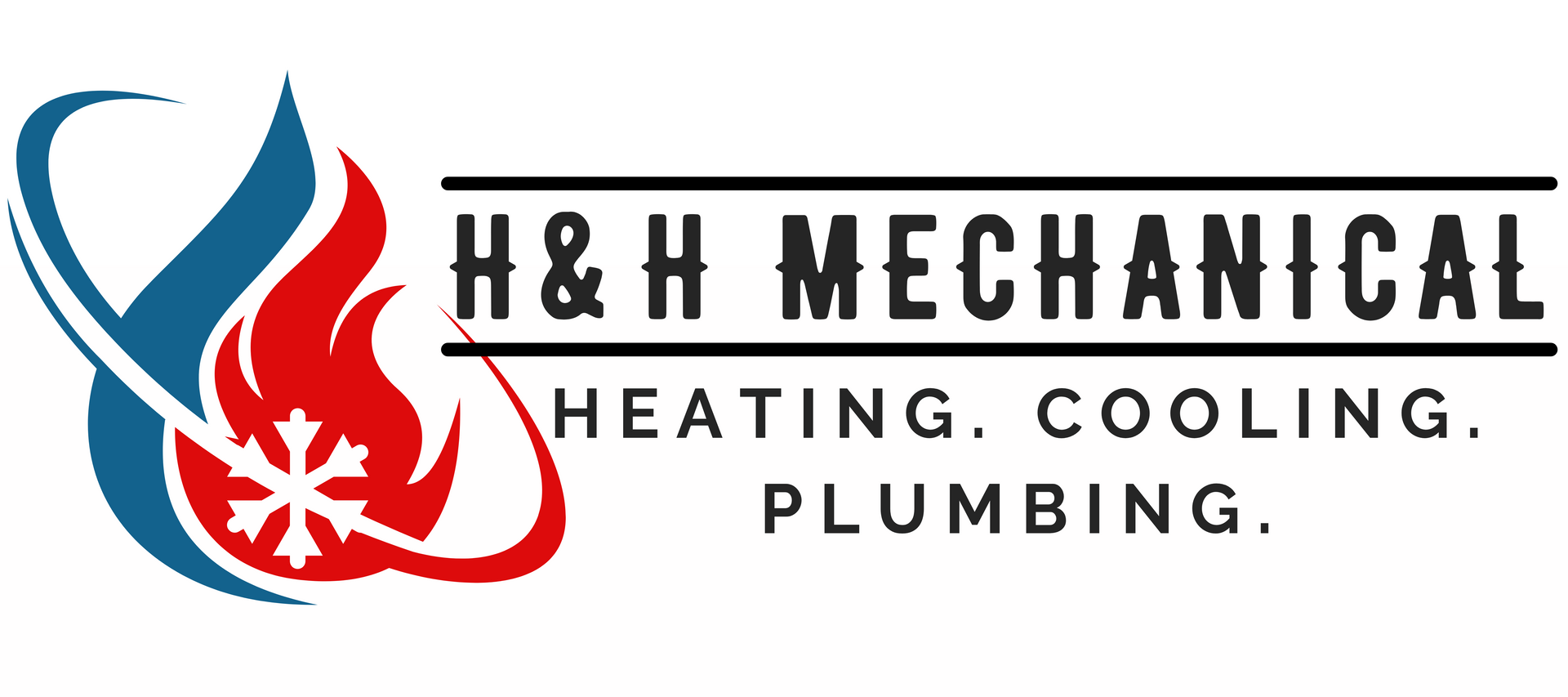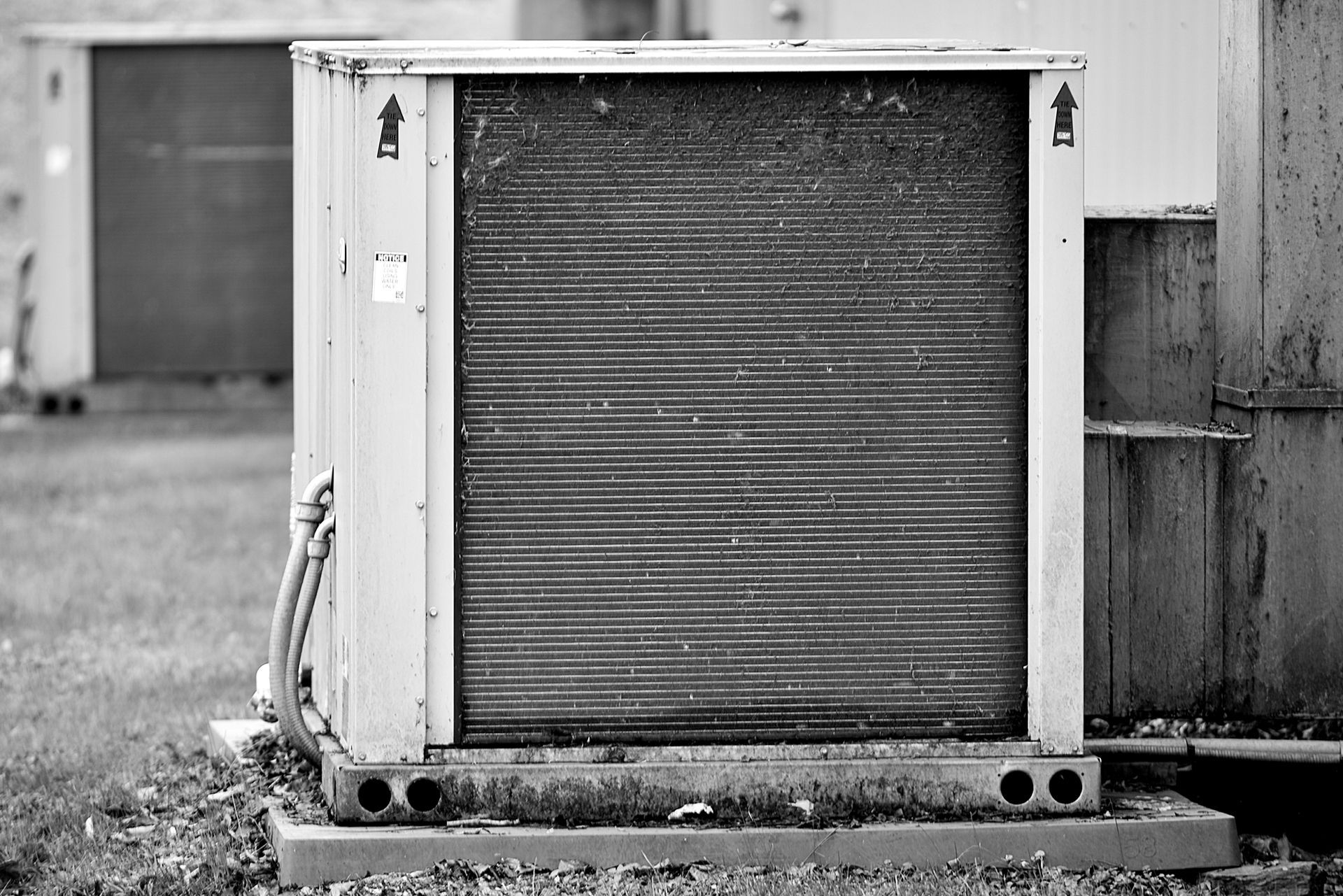Understanding HVAC Condensing Units: How They Work and Why They're Important
When it comes to your HVAC system, the condensing unit plays a vital role in keeping your home cool during the summer months. In this blog post, we'll explore what a condensing unit is, how it works, and why it's an essential component of your HVAC system.
What is a Condensing Unit?
The condensing unit is an outdoor component of your HVAC system responsible for releasing heat that has been absorbed from your home's indoor air. It contains several crucial parts, including the compressor, condenser coil, and fan, all working together to facilitate heat transfer and ensure efficient cooling.
How Does a Condensing Unit Work?
The condensing unit works in conjunction with the indoor unit, typically located in your basement or utility room, to provide effective cooling for your home. Here's a breakdown of the condensing unit's process:
Refrigerant Compression: The compressor, housed within the condensing unit, compresses the refrigerant, raising its temperature and pressure.
Heat Transfer: The hot, high-pressure refrigerant travels to the condenser coil, where heat is released to the outdoor air. The condenser coil contains metal fins and tubes that enhance heat transfer.
Fan Operation: While heat is being released, the condensing unit's fan blows outdoor air across the condenser coil to aid in the heat dissipation process. This helps cool down the refrigerant, and the fan also maintains proper airflow for optimal performance.
Refrigerant Expansion: Once the heat is released and the refrigerant is cooled, it becomes a low-pressure, low-temperature gas. It then travels back to the indoor unit, where it absorbs heat from your home's indoor air.
Why is the Condensing Unit Important?
The condensing unit is essential for several reasons:
Efficient Heat Transfer: The condensing unit's purpose is to release the heat absorbed from your home. Proper and efficient heat transfer is crucial to maintain an optimal cooling capacity.
System Performance: A well-functioning condensing unit ensures that the entire HVAC system operates at its best. If the condensing unit is not working correctly, it can lead to reduced cooling capacity, increased energy consumption, and potential system failures.
Outdoor Airflow: The fan in the condensing unit creates necessary airflow to cool down the condenser coil. Adequate airflow is essential to prevent overheating and ensure the refrigerant can release heat effectively.
Longevity: Regular maintenance and care of your condensing unit can help extend its lifespan and contribute to the overall longevity of your HVAC system.
In conclusion, the condensing unit is a vital component of your HVAC system, responsible for releasing heat and ensuring efficient cooling throughout your home. Regular maintenance and timely repairs are crucial to keep your condensing unit working effectively and prolong the lifespan of your HVAC system. If you have any concerns or questions about your condensing unit, don't hesitate to reach out to a technician here at H & H Mechanical.







